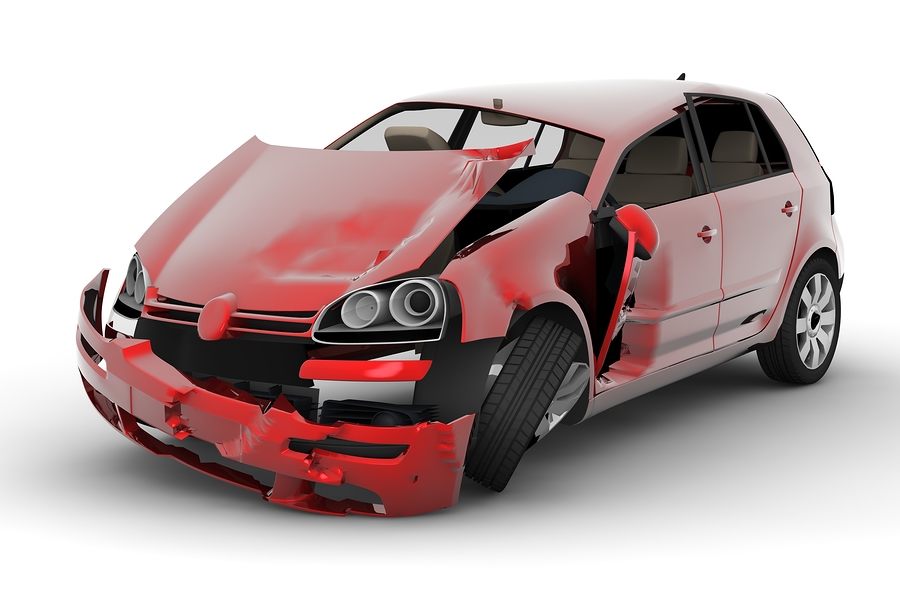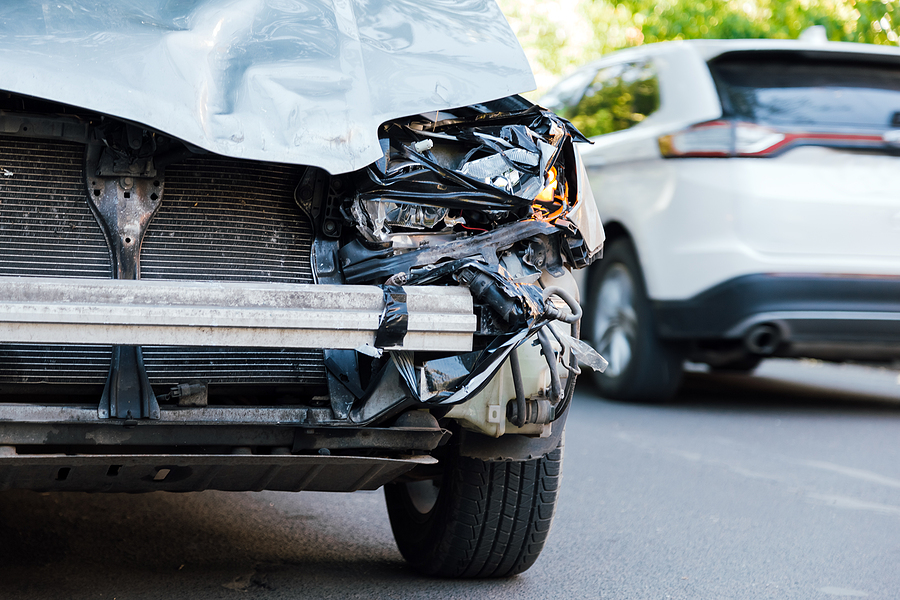Each year, thousands of people lose their lives in car accidents. Although most people don’t think that they or their loved ones will be involved in a deadly car accident, statistics have shown that automobile accidents are one of the top ten leading causes of death. Losing a loved one is extremely difficult in any circumstance, but it’s especially devastating when it’s a sudden loss that occurs as the result of an automobile crash. If you have lost a loved one in a crash, it’s important to understand that you aren’t alone. The grieving process often makes it challenging to remember the basic steps you’ll need to take following the death of your loved one. This mini guide will explain the actions you’ll need to take after losing a loved one in a deadly automobile accident.
The Aftermath of a Sudden Loss
Coping with the death of a loved one is devastating and for many people, it may be harder to cope with death resulting from a deadly car accident because the loss happened so suddenly. Losing your loved one due to bad driver’s mistakes and the negligence of someone else leaves you without the time necessary for preparing yourself emotionally as well as financially. Knowing what to do after the sudden loss of a loved one can be overwhelming. The following steps will guide you through the immediate actions to take after the sudden loss of a loved one:
Talk to family members-First and most importantly, make arrangements to care for yourself and the dependents of your loved one, including their pets. Do not hesitate to ask other family members for help during this difficult time, you don’t need to carry the burden on your own
Gather the legal documents-You’ll need to find their will, life insurance policy, and all documents related to their final wishes, including funeral arrangements. If there is no will, estate planning, or instructions regarding their death, you may need to contact an attorney to help with transferring assets and assisting with probate issues. They can also help you understand how probating a will works, and what to do moving forward.
Contact employers-You will need to not only contact your loved one’s employer, but your employer as well to request bereavement leave. When contacting your loved one’s employer, ask them about benefits and due payments as well as if there the company holds a life insurance policy for your loved one
Arrange funeral and burial-In most states, the medical examiner is able to provide a death certificate within a day or two. Once the funeral home receives the death certificate, they will file it with the appropriate agencies on your behalf. Remember to get copies of the death certificate, so you can contact the insurance company, settle the estate and apply for benefits on behalf of your loved one. The funeral home can assist you with making arrangements for a service, burial, or cremation and placing the obituary in the newspaper or online notifications.
Contact insurance provider-It’s important to contact the insurance provider as quickly as possible. You will need to provide the insurance company with proof of the death, and this may vary among insurance providers. For instance, some will only require an authentic obituary to release funds, while others may require the death certificate to be sent by certified mail before releasing funds. In some situations, the insurance provider will issue funds directly to the funeral home and disperse the remaining to the beneficiary, while others may send the full amount to the beneficiary, and they will be responsible for paying the final expenses.
Contact social security and other agencies-If your loved one was receiving benefits, whether it’s social security or state assistance, you’ll need to contact these agencies to cease the deceased’s benefits.
Settle the estate-Once you notify the financial institutes and credit companies that your loved one dealt with, they will freeze all open accounts. If you have a joint account with the deceased, the bank will provide you with information about how to proceed with the account in your name only. If the deceased owned property and you are not living in the residence, you will need to contact utility companies and other services to inform them of the death. If there is a will, the executor of the estate will be responsible for handling the inheritance process. Keep in mind that the handling of an estate may get overwhelming at times, so don’t hesitate to contact your attorney for advice, recommendations, and any assistance you may need regarding the division of the inheritance.
If you have lost a loved one as the result of someone else’s negligence and bad driver’s mistakes, you may be eligible for financial compensation. It’s important to understand your legal rights in this situation, including how long you have after the death to file a wrongful death claim. Losing your loved one in a deadly car accident may constitute filing a wrongful death claim in order to claim recovery costs including lost wages, pain and suffering, medical expenses, and funeral expenses. Although no amount of money will compensate for the loss of your loved one, financial recovery may help ease the financial stress this unexpected loss has placed on you and your family. If you aren’t sure if you have a case, contact your personal injury attorney as soon as possible for more information on how to proceed.
Image Source: BigStockPhoto.com (Licensed)
Related Categories: Cars & Vehicles, General, Reviews, Safety








